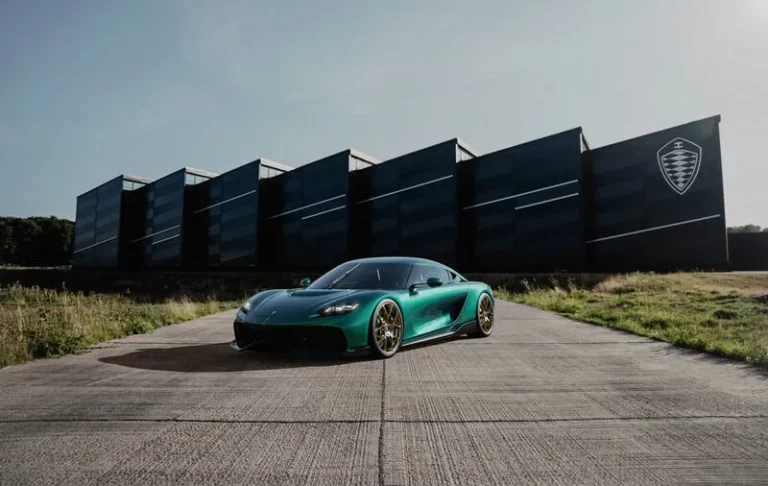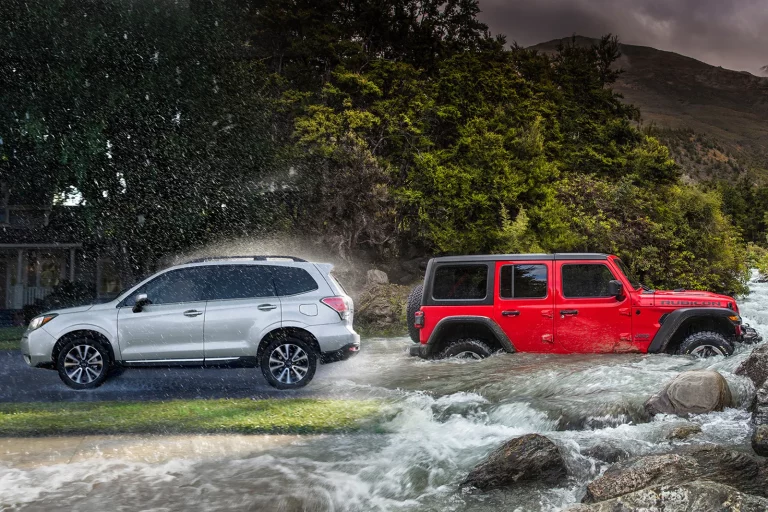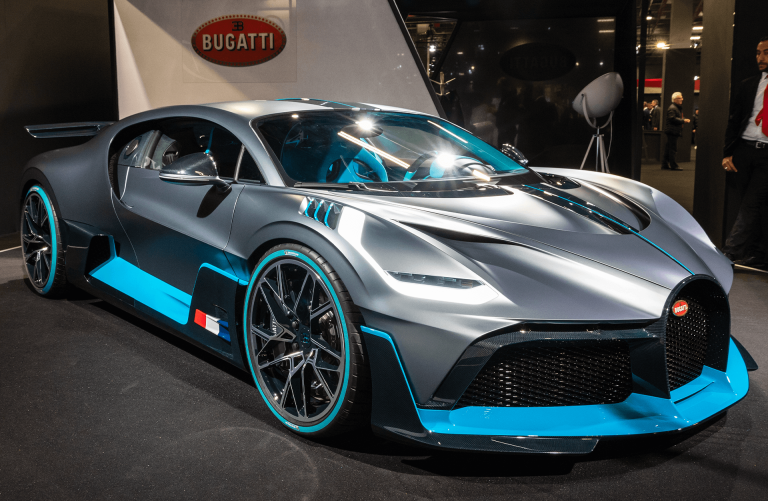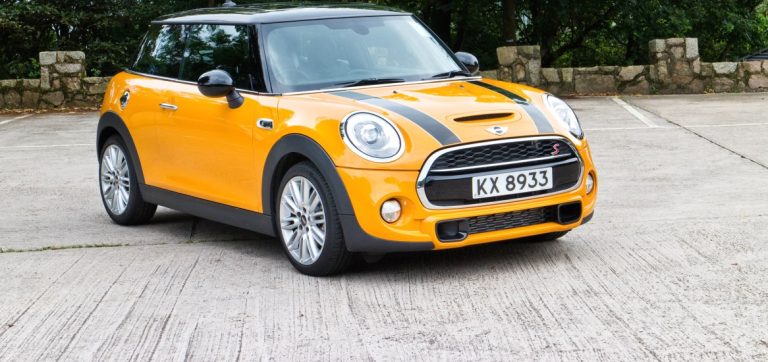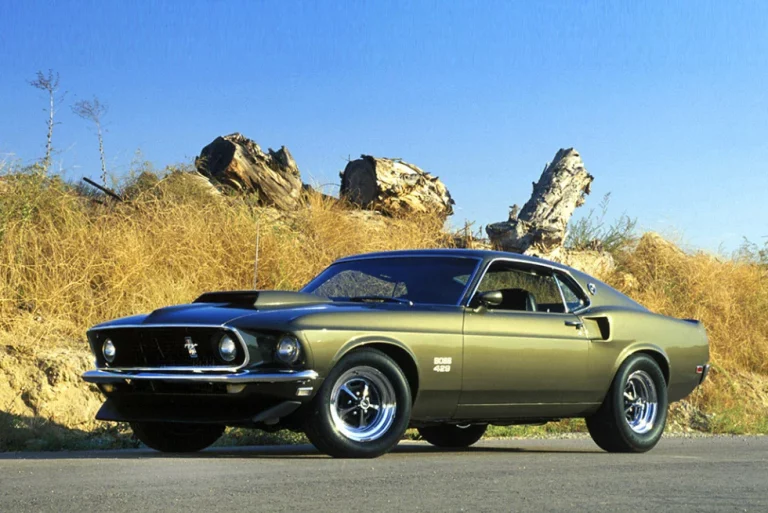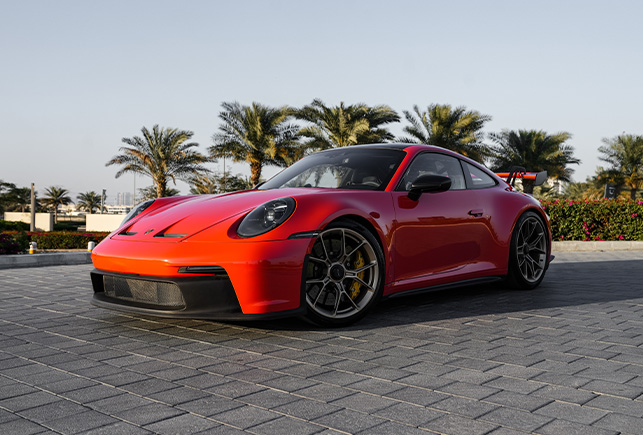How Much Does Car Wrapping Cost?
Ever wondered about the cost of giving your car a fresh, personalized look with a wrap? You’re not alone. Car wraps have surged in popularity, becoming a go-to for individuals seeking a unique touch for their vehicles. But, as with any customization, the price tag can be a significant factor.
In this guide, we’ll discuss the ins and outs of car wrap pricing, taking into account various factors that could affect the cost. From the type and condition of the car to the quality of materials used, we’ll provide a clear picture of what you might expect to pay.
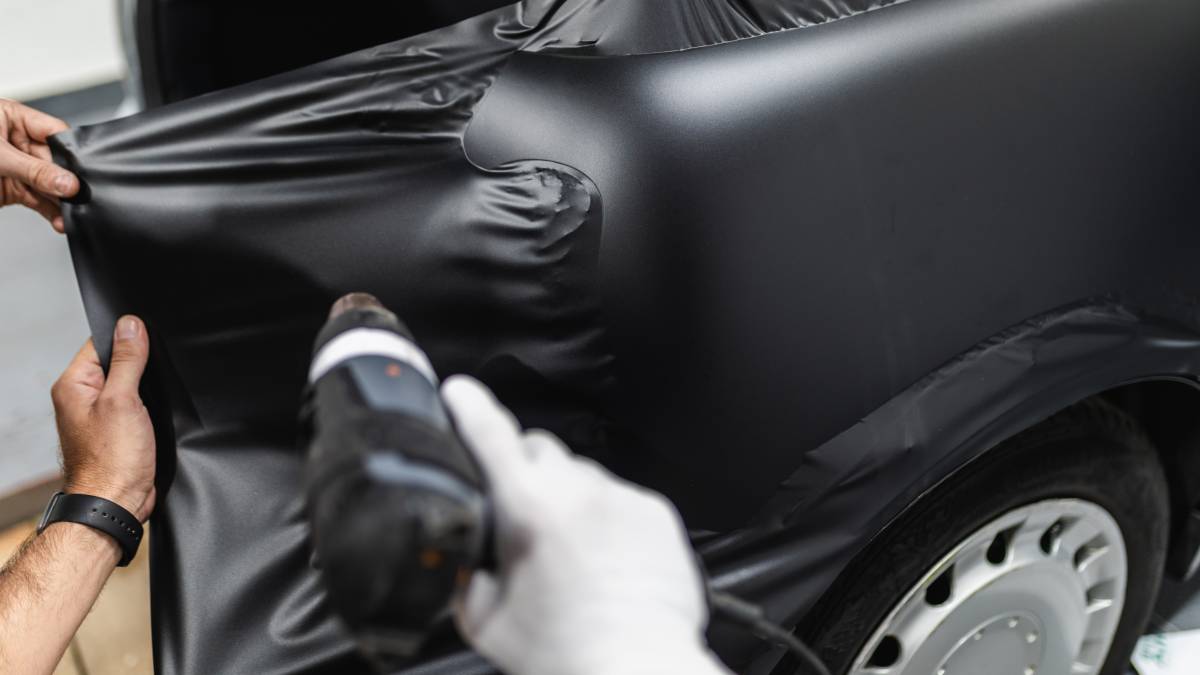
How Much Does Car Wrapping Cost?
The cost of car wrapping can vary depending on several factors, but here’s a general idea:
- Size and complexity of your car: Small cars like compacts can start around ₹30,000 while SUVs and trucks can go up to ₹45,000 or more.
- Vinyl quality and type: Higher quality vinyl with special finishes will cost more than basic colors.
- Labor costs: The experience and location of the installer can affect the price.
- Partial vs. full wrap: Covering the entire car is obviously more expensive than just wrapping specific parts.
Here’s a breakdown of typical costs:
- Partial Wrap: ₹500 to ₹1,000
- Compact Car: ₹2,000 and Up
- Sedan/Coupe/Small SUV: ₹2,000 to ₹3,000
- Full-sized SUV/Van: ₹3,500 to ₹4,000
- Truck: ₹2,000 to ₹5,000
- Luxury Car: ₹5,000 to ₹10,000 or more
Factors Influencing Car Wrap Cost
The cost of a car wrap can be influenced by several key factors. Here are the primary factors that affect car wrap costs:
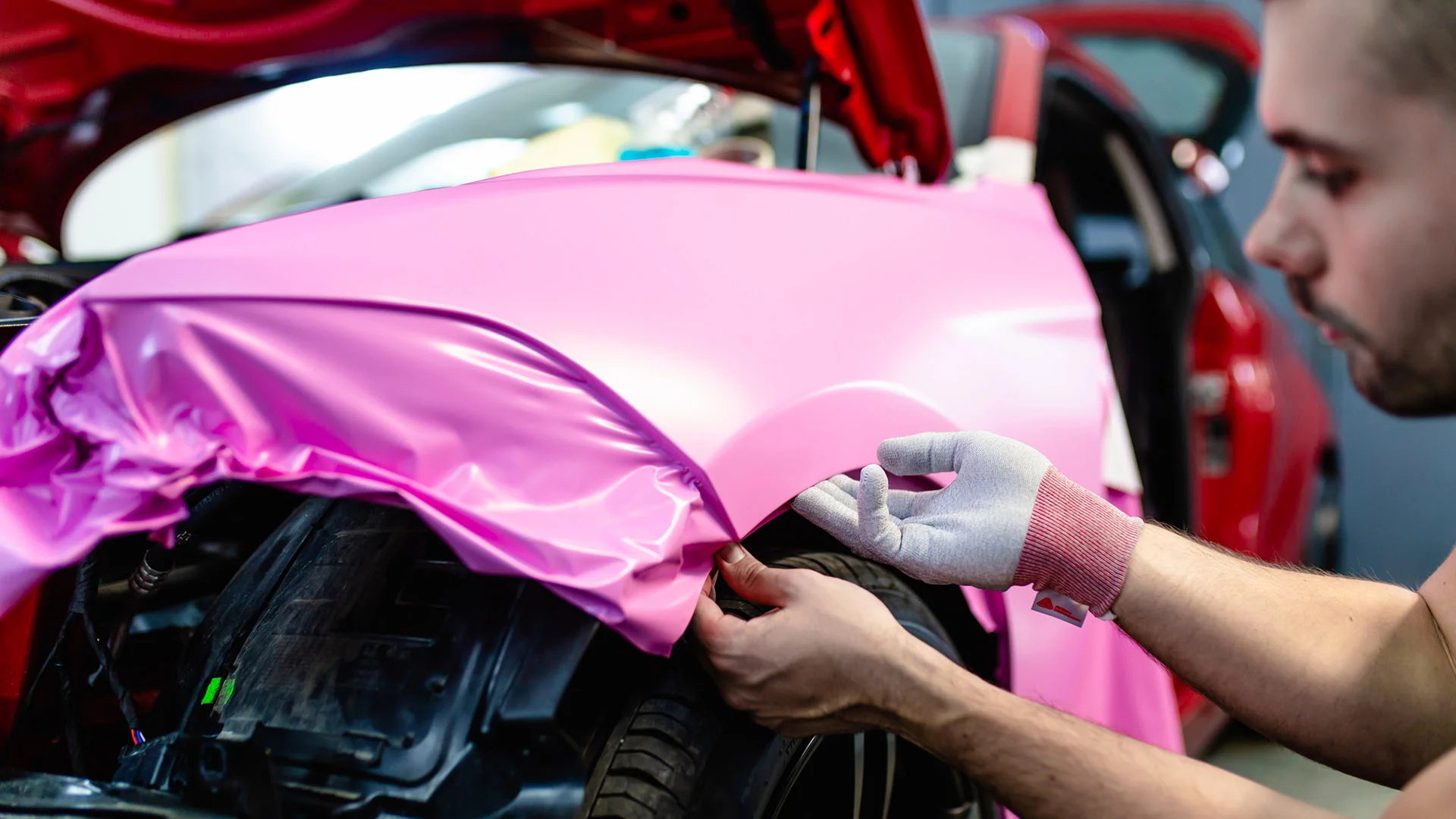
-
Vehicle Size and Type: Larger vehicles like SUVs, trucks, and vans require more material and labor, which can significantly increase the cost compared to smaller cars. The complexity of the vehicle’s design, such as curves and angles, can also make wrapping more labor-intensive.
-
Wrap Coverage: The extent of the wrap—whether it’s a full wrap, partial wrap, or just specific accents—will greatly impact the price. Full wraps are the most expensive, covering the entire surface of the vehicle, whereas partial wraps or accents cost less as they cover smaller areas.
-
Material Quality: The type of vinyl used affects both the cost and the durability of the wrap. Higher-quality materials like premium vinyl from reputable brands such as 3M or Avery Dennison tend to cost more but offer better durability and finish. Specialty materials like matte, carbon fiber, or metallic finishes are usually more expensive than standard glossy vinyl.
-
Design Complexity: Custom designs require more time and skill to create and install. Complex graphics, intricate patterns, or custom colors can increase the cost due to additional labor and printing expenses.
-
Installation Expertise: The expertise and reputation of the professionals installing the wrap can influence the cost. Experienced and highly skilled installers typically charge more, but the quality of installation can be worth the extra cost, ensuring a smoother, bubble-free finish and longer-lasting wrap.
-
Geographic Location: Prices can vary based on where you live. Urban areas with higher costs of living might have higher rates for car wrapping services compared to more rural areas.
-
Condition of the Vehicle: The initial condition of your car’s paint and surface can affect the prep work needed before wrapping. If additional preparation, like repairing scratches or dents, is required, this can add to the overall cost.
Types of Vehicle Wrap Coverage
Vehicle wrap coverage refers to the extent of area covered on your vehicle with the vinyl wrap. There are two main types of vehicle wrap coverage:
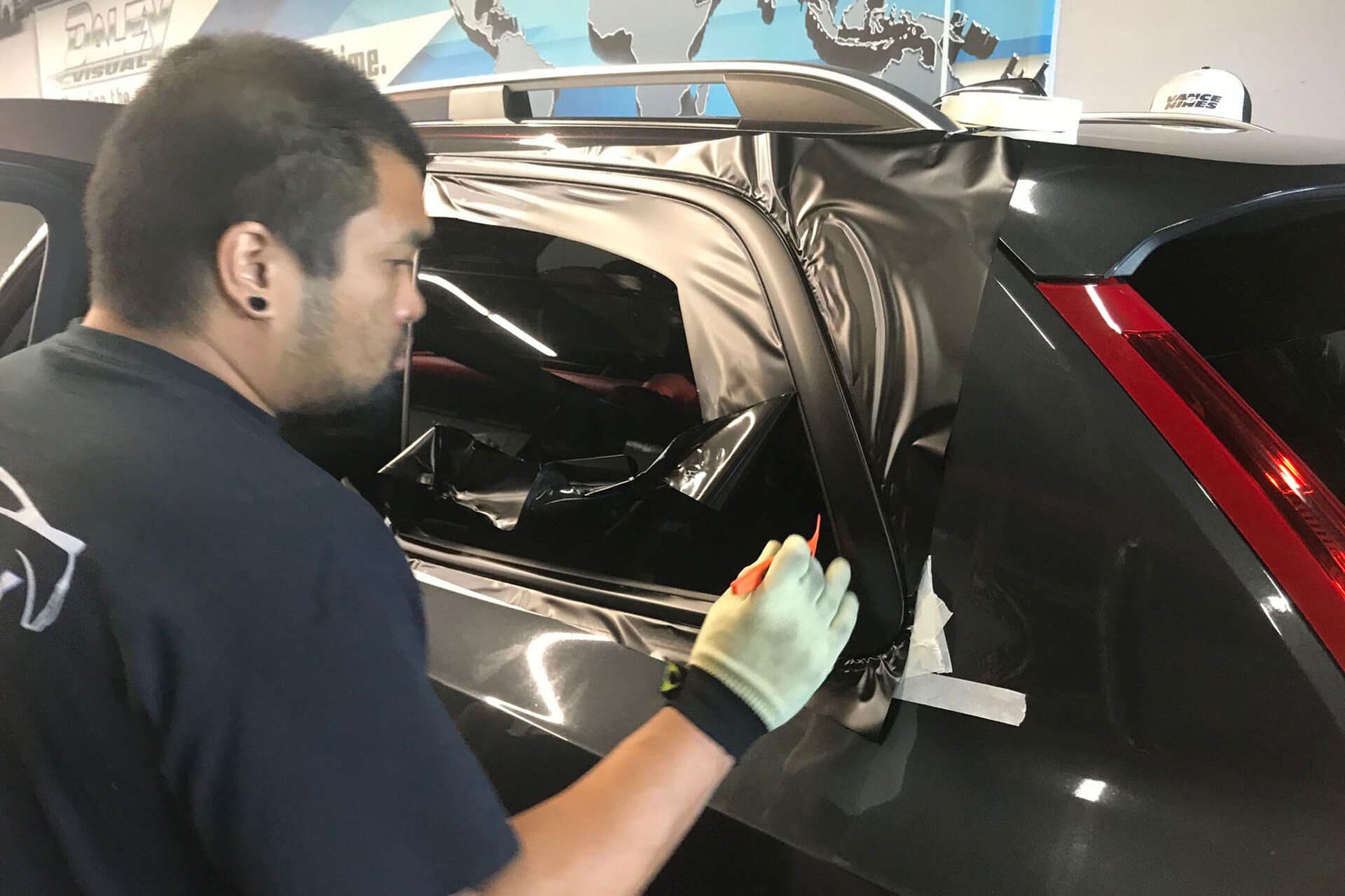
1. Full Wrap: This covers the entire exterior of the vehicle, including the hood, roof, trunk, doors, fenders, and bumpers. It essentially creates a complete color change or design makeover for your car. Full wraps offer the most dramatic visual impact and are ideal for businesses using their vehicles for advertising or for people who want a complete design change.
2. Partial Wrap: This covers only specific sections of the vehicle. Popular options for partial wraps include:
- Hood Wrap: Covers just the hood of the car. Great for showcasing a logo, design, or contrasting color.
- Roof Wrap: Covers just the roof of the car. Can be used for a contrasting color, graphics, or a two-tone effect.
- Door Wraps: Covers just the doors of the car. Often used for business logos, contact information, or creative designs.
- Quarter Panel Wraps: Covers the rear quarter panels of the vehicle. Popular for branding or design elements.
- Fender Wraps: Covers just the fenders of the car. Can be used for a sporty look or to add contrasting colors.
Choosing between a full or partial wrap depends on your goals and budget. Full wraps provide maximum coverage and impact, while partial wraps offer a more targeted approach and can be a more affordable option.
Different Vinyl Wrap Finishes
When it comes to personalizing your vehicle, vinyl wraps provide a wealth of options. The variety doesn’t end with color but extends to the finish you choose. Four primary finishes give your vehicle a custom look: Chrome, Matte, Gloss, and Color Change.

- Chrome and metallic wraps, with their striking reflective finishes, make an immediate impact. The price ranges from $2,500 to $7,000, varying according to your car’s size and the complexity of the wrap design. These finishes aren’t subtle — they shout uniqueness and boldness.
- Matte wraps, on the other hand, lend a classic, more understated look to your car. Priced between $500 to $2,500, they’re within reach of most budgets. The look is low-key, perfect for you if you prefer a quieter statement of individuality.
- Glossy wraps offer an ultra-polished finish, perfect for grabbing attention. With prices similar to Matte wraps, they combine affordability with style. Their super-shiny appearance delivers a high-end look, setting your vehicle apart in the traffic.
- Finally, color change wraps give you the opportunity to completely revamp the look of your vehicle. Offering an extensive palette of colors, these wraps transform not just the color, but the visual appeal of your car too.
Frequently Asked Questions
1. Is it cheaper to paint or paint wrap a car?
While painting could be less expensive with low-quality options around $500, a high-quality paint job ranges from $1,000-$5,000. In comparison, professional car wraps typically fall between $2,500 to $5,000. However, removal of the wrap could add an extra $500-$600 in labor costs.
2. Can you wrap a car with dents?
Yes, a car wrap can cover dents but it won’t eliminate their appearance as it adheres to the vehicle’s contour. For a few small dents in one spot, a clever design might disguise their presence.
3. Can you wrap a black car white?
Even if your car is a dark color like black or blue, a high-quality wrap will prevent the paint from showing through or disrupting the wrap color. So, wrapping a black car white should not be a problem.
4. How long does a car wrap last?
The average lifespan of a car wrap is around five years under normal conditions. However, this could be shorter if the wrap is not installed properly, leading to signs of wear like peeling or dirt accumulation underneath.

Hi! I’m Larry Gibbs, studying mechanical engineering with a focus on cars. I really love Ferraris and write blog posts about the latest car stuff. When not studying or blogging, I’m usually on a road trip exploring new places. I also enjoy playing football and watching movies. Life’s an adventure, and I’m all about enjoying the ride!

